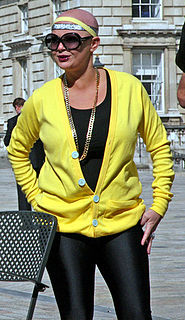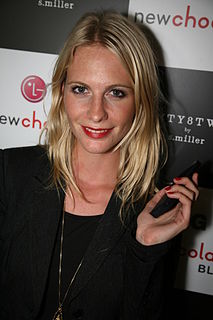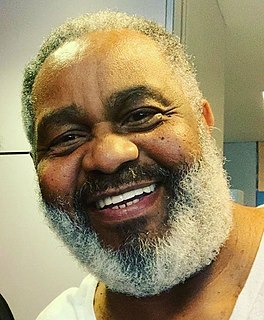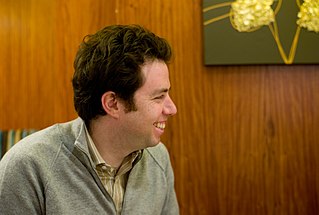A Quote by Ananya Birla
My mom Neerja and I started this movement called Mpower. The whole idea is to break the stigma attached to mental illnesses.
Related Quotes
When mental development is under discussion, there are many who say, 'How does movement come into it? We are talking about the mind.' And when we think of intellectual activity, we always imagine people sitting still, motionless. But mental development must be connected with movement and be dependent on it. It is vital that educational theory and practice should be informed by that idea.
One of the issues I think is very important, in many communities of color, there's a stigma about mental health. We find that the shaming that comes from acknowledging that one may have some issues that may relate to mental health, often people are not willing to go and seek additional help because of that shaming or that cultural stigma that's associated with it. And I think that we need to make this change in how people approach mental health.
Where LGBT and mental health issues collide is over stigma. And stigma is society's problem not the problem of the LGBT or mental health community. What we have to deal with is the ignorance, fear and prejudice that blight the lives of those who have nothing wrong with them in any moral or transgressive sense. It is society that is ill.
The last time I saw my mom was in 1997. My mom started getting sick, and my mom finally passed away in 2002. My mom was my world. My mom was everything to me. We didn't have money. We didn't have a whole lot of materialistic things, but one thing I can truly say, that my mother loved me and all of her children unconditionally.
When I started writing Tales of the City I was one year away from being a mental illness. It wasn't until 1975 that the American Psychiatric Association took homosexuality off the list of mental illnesses - and in many states, including the state of North Carolina where I grew up, homosexuality was a crime. An arrestable crime. It still is, in many parts of the world.
When I was younger, it's like, 'Mom works. Normal adult stuff.' But you mature and start to look at it differently. I watched my mom struggle. She comes home tired. She doesn't want to do anything. As I got older, I started thinking, 'My mom doesn't deserve this.' My whole devotion became to get my mom out of that trailer.


































